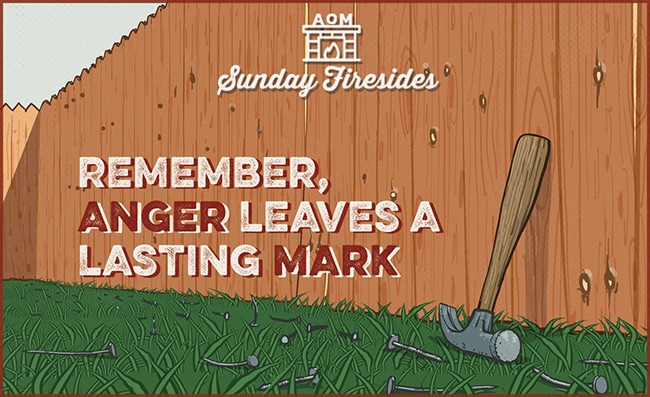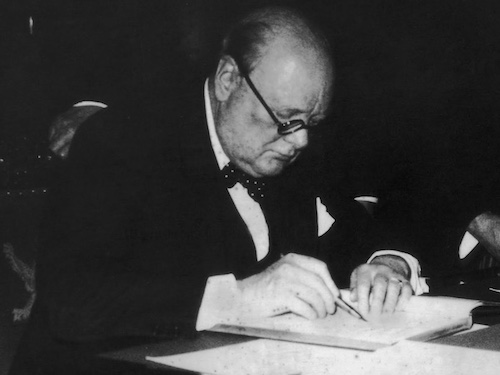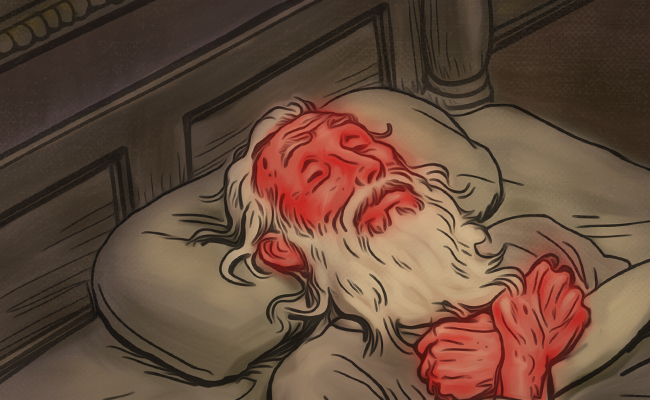
There’s an old story of a father who wanted to help his son understand the importance of getting his temper under control.
He gave his son a bag of nails and told him to hammer a nail into their wooden fence whenever he got angry.
At first, the boy had to drive in many nails each day, but as the practice gave him greater awareness of his anger, he began to lose his temper less often. His father then told him to remove a nail each day that passed without an angry outburst.
When the boy had removed all of the nails, his father brought him over to the fence to examine its now pitted slats. “When you’re tempted to go back to your old ways,” the father counseled his son, “remember these holes. Even though you’ve pulled out the nails, the holes cannot be repaired. In the same way, anger can create damage that can never be undone.”
This is a hard truth to countenance, but one we’ve all lived out.
After unleashing a critical barrage on your child, you seek to justify it, mitigate it, by saying how overworked and stressed out you’ve been. But your child doesn’t register this context at the time, and ten, twenty, thirty years later, it will still very much be forgotten, while the sting of your words indelibly remains.
After weaponizing a vulnerability your partner’s shared with you, turning something that once helped build your intimacy into a perfectly targeted barb of esteem-detonating destruction, you plead for forgiveness for surrendering to such an ill-considered impulse. But a wound’s been opened that will never entirely close.
Contrition is important, definitely. Changed behavior can reestablish trust, certainly. But always remember that no amount of apologies or excuses can ever take back the angry, hole-creating words you hammer home.







